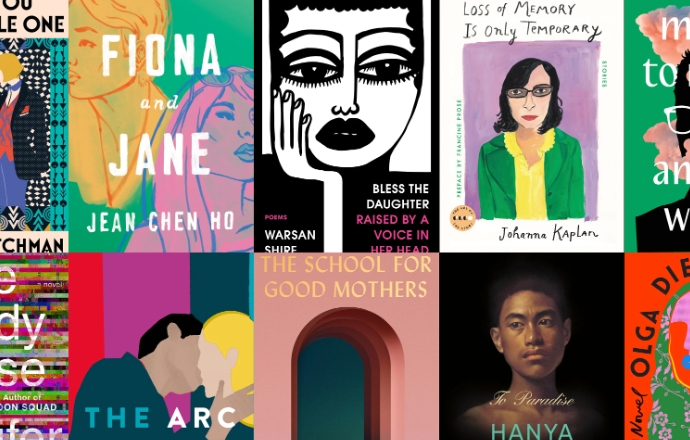Bildungsroman novels, also known as coming-of-age stories, focus on the growth and development of a protagonist from childhood to adulthood. These narratives typically explore themes of self-discovery, identity formation, and the journey towards maturity. Let’s take a closer look at some classic bildungsroman novels and the transformative journeys of their central characters.
“Great Expectations” by Charles Dickens: In this beloved novel, we follow the story of young Pip as he navigates the social hierarchies of Victorian England. Through his encounters with colorful characters like Miss Havisham and the convict Magwitch, Pip learns valuable lessons about love, loyalty, and the true meaning of success.
“To Kill a Mockingbird” by Harper Lee: Set in the racially charged American South, this novel follows young Scout Finch as she grapples with issues of prejudice, justice, and morality. Through her father Atticus’s example, Scout learns to confront her own biases and stand up for what is right, even in the face of adversity.
“The Catcher in the Rye” by J.D. Salinger: Protagonist Holden Caulfield’s rebellious and disillusioned outlook on life resonates with many readers who have felt the pressures of conformity and social expectations. Through Holden’s quest for authenticity and connection, Salinger explores the challenges of adolescence and the search for meaning in a complex world.
“Jane Eyre” by Charlotte Brontë: Brontë’s iconic novel follows the journey of orphaned governess Jane Eyre as she overcomes hardship, finds her voice, and ultimately claims her independence. Through her relationships with the brooding Mr. Rochester and the enigmatic St. John Rivers, Jane learns to value herself and pursue her own happiness.
“The Adventures of Huckleberry Finn” by Mark Twain: Twain’s classic novel chronicles the escapades of young Huck Finn as he navigates the antebellum American South and grapples with questions of morality and freedom. Through his friendship with the runaway slave Jim, Huck confronts the injustices of society and ultimately chooses to follow his conscience, even in the face of societal norms.
These timeless bildungsroman novels continue to captivate readers with their vivid portrayals of personal growth, inner conflict, and the universal quest for self-discovery. As we explore the coming-of-age journeys of these memorable characters, we are reminded of the enduring power of storytelling to illuminate our own paths of growth and transformation.
